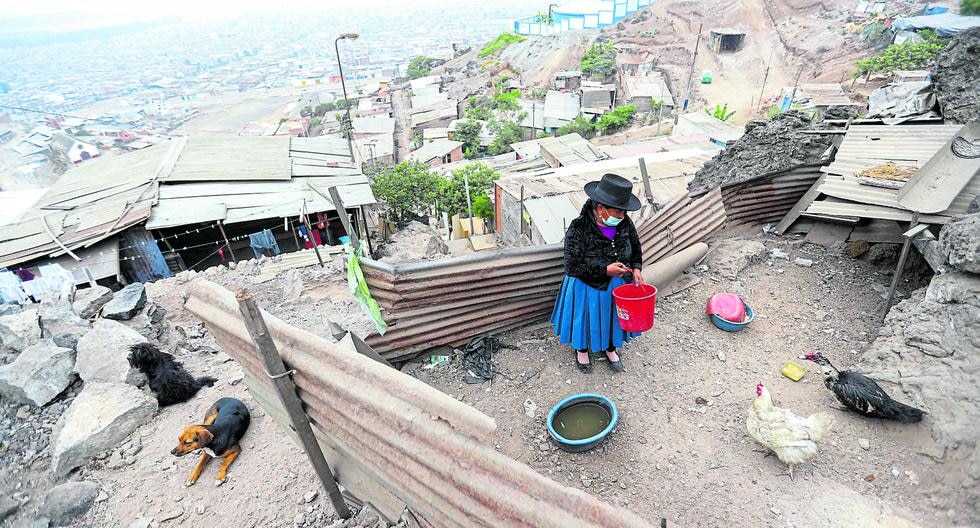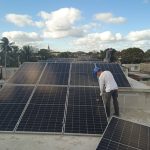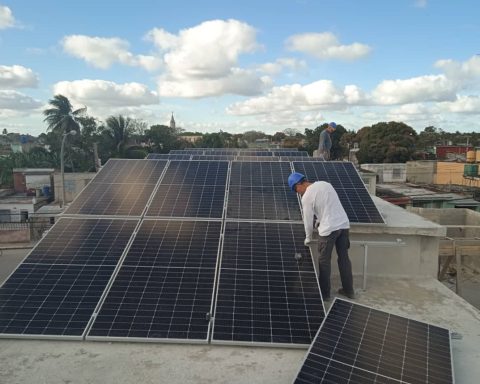A final INEI report distorted the arguments of Free Peru to promote a Constituent Assembly that changes the Constitution in one fell swoop. In April, Margot Palacios (PL), author of the bill that seeks to empower the president to convene a constituent assembly parallel to Parliament, argued that in 2020 there was an increase in poverty due to “effect of the application of the neoliberal economic regime”, referring to the 1993 Constitution. However, the report on the Evolution of Monetary Poverty 2010-2021 of the INEI points out the opposite.
Prepared with the results of the National Household Survey (Enaho)the document specifies that, despite the effects of the pandemic and the instability during the government of peter castleIn 2021, poverty in Peru fell by 4.2% compared to 2020, and reached 25.9% of the population, that is, 8,556,000 people.
This percentage is still below what was registered in 2019, which reached 20.2% of people, and is a figure higher than the 22.1% estimated by the International Monetary Fund (IMF).
According to INEI figures, in urban Peru, poverty last year reached 22.3%, that is, 7.7 percentage points more than before the pandemic. In the case of rural Peru, it went from 40.8% in 2019 to 39.7% in 2021.
UNFOUNDED ARGUMENTS
for the economist Carlos Parodi, the arguments of the ruling party to promote a constituent are meaningless. “The government is wrong, it makes no sense to blame neoliberal policies when it is market policies that reduced poverty from 54% in 2001 to 20% in 2019″, he specified Peru21.
He added that, rather, investments should be encouraged. “Private investment was key for at least two reasons; it generated employment and also increased tax collection, that is, it gives the money to the State so that it can use it in the most vulnerable and be able to improve public management“, Held.


















